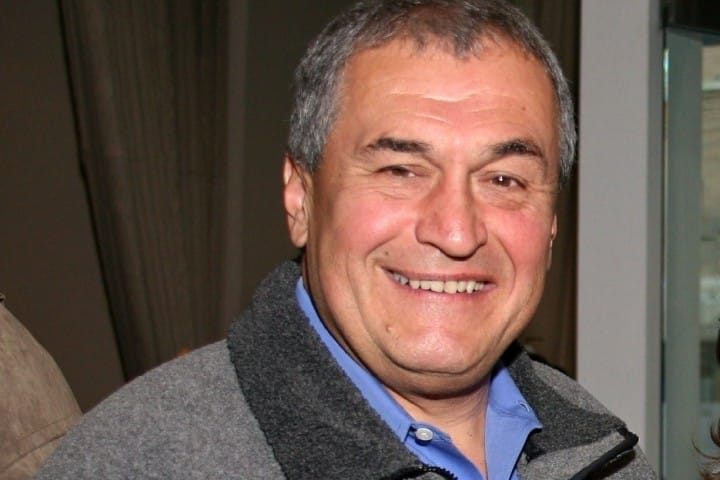
Tony Podesta, the longtime Democrat lobbyist and brother of Clinton-Obama ally John Podesta, is reportedly in the process of being hired by the Chinese telecom giant Huawei in order to get the company favorable treatment from the Biden White House.
Huawei’s business reaches into over 170 countries and areas. Since 2012, it has been the world’s largest telecommunications equipment manufacturer. In 2018, it overtook Apple as the world’s second top manufacturer of smartphones. Huawei was the top smartphone brand in the world in 2020.
But the company, founded by a former People’s Liberation Army deputy in 1987, has faced opposition from the U.S. government over its ties to China’s communist regime. Last year, the U.S. Justice Department charged the company with violating the Racketeer Influenced and Corrupt Organizations Act, or RICO.
According to the DOJ, Huawei aided Iran in building domestic surveillance capabilities and tried to do business in North Korea. The Justice Department went on to bring charges against Meng Wanzhou, Huawei’s chief financial officer. Meng was arrested in Canada and has been fighting extradition to the U.S.
The indictment against Huawei was released just two days after the Wall Street Journal reported that Huawei deliberately and intentionally developed “back door” access in its software that “can covertly access mobile-phone networks around the world.” The Journal noted that “Huawei has had this secret capability for more than a decade.”
Explained the Journal, “Huawei has built equipment that secretly preserves its ability to access networks through these interfaces, without the carriers’ knowledge.”
U.S. National Security Advisor Robert O’Brien said, “We have evidence that Huawei has the capability secretly to access sensitive and personal information in systems it maintains and sells around the world. Huawei does not disclose this covert access to its customers or … national security agencies.”
Huawei would not be Tony Podesta’s first Chinese client. According to disclosure forms, his company also represented the China-United States Exchange Foundation (CUSEF).
The New American has reported extensively on CUSEF, noting that it serves an integral role in the Chinese Communist Party’s (CCP) United Front effort to “co-opt and neutralize sources of potential opposition” and encourage foreign actors to “adopt positions supportive of Beijing’s preferred policies.”
To that end, CUSEF regularly sponsors trips in which influential Americans, including members of the media and former elected officials, travel to China to wine and dine with high-ranking communist officials. CUSEF also pays for top Chinese communists to travel to the U.S. to speak at events organized by influential groups such as the Carnegie Endowment for International Peace.
If Huawei wants to get more out of the current administration, Podesta is a logical choice. His brother, John Podesta, served as White House Chief of Staff to President Bill Clinton from 1998 to 2001 and Counselor to President Barack Obama from 2014 to 2015. He also worked as Hillary Clinton’s campaign chairman in the 2016 cycle.
Tony Podesta isn’t the only American Huawei is bringing on board to get on better terms with the U.S. government. As Politico notes:
In addition to Podesta, Huawei recently hired several other representatives: the consulting firm of Lee Terry, a former Republican congressman from Nebraska; lawyer Stephen Binhak; Glenn LeMunyon, who was an aide to former House GOP Whip Tom DeLay; and the consulting firm J.S. Held. The company also retains white-shoe law firm Steptoe and Johnson, paying them $60,000 in the second quarter, according to a disclosure. And the firm has connections to power brokers throughout the nation’s capital. Christopher Fonzone, the general counsel for the Office of the Director of National Intelligence, advised the company when he was a lawyer at the firm Sidley Austin. Fonzone told senators he did fewer than 10 hours of work for Huawei. The connection created challenges for his Senate confirmation, but he was still confirmed.
Critics have accused Biden of promoting policies that subordinate America’s interests to China’s. For example, one of Biden’s first actions upon entering office was revoking an executive order from President Trump that was aimed at keeping foreign countries and firms away from America’s bulk power systems, especially entities tied to the CCP.
Not surprisingly, Jack Sullivan, Biden’s national security advisor, has frequently praised China’s rising international prominence.



